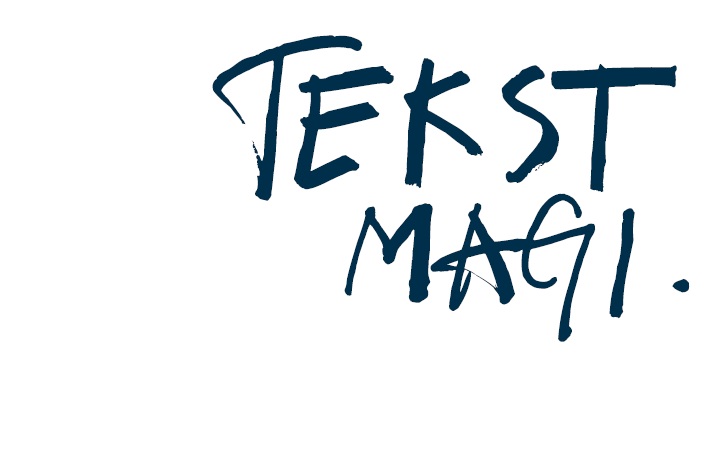WRITING IN A FOREIGN LANGUAGE
Part I: Vocabulary and Usage
No matter how you like your stories – long or short, realistic or escapist – they don’t exist without words. In my case, the words I use for telling stories are foreign; English isn’t my first language. That presents me with various problems, but also gives me possibilities that I wouldn’t have if I only wrote in Danish.
One notable barrier to learning the English language is vocabulary and usage – the far from simple act of using the right words in their right context.
In this area using a Danish-English dictionary is less useful than you might think. If I need a technical term or a specific adjective, I’ll sometimes look up the Danish word, but more often than not I’ll use my approximate understanding of a thing or concept to find the perfect match with Google, online English-English dictionaries, picture searches, or what have we.
The most invaluable approach to getting a better vocabulary is simply: reading. Novels, short fiction, blogs, ad copy, letters, newspapers, and the ever important et cetera. Watching CNN or BBC to take in the language by ear. Listening to podcasts. Playing computer games. Singing along to Weird Al Yankovic. All this contributes to my vocabulary and understanding of what Americans actually mean when they say stuff like ‘how do you like them apples?’
This is an approach that goes back ten years to the time when I was an avid student of Latin. I studied under a professor (and brilliant translator) who forbade us to use our notes in class when we practiced translating from Latin to Danish. He wanted us to understand Latin the way the Romans did.
Consequently, his poor students (that is, yours truly and a handful of other badass survivors of the first months of his classes) had to keep all the different connotations of the same Latin word in mind when we read a text. Why? Because that was what the Romans did. Notes, he said, would have limited our focus to just one meaning of the word, cheating us of a lot of interesting connotations. This made sure we learned the roots of the words – their original meaning. A stimulus, for instance, was originally a cow herder’s goad for slapping the udders of his cattle. Pecunia, originally meaning cattle, came to mean money. The Romans knew that, ergo we had to know it too.
Those lessons meant that now when I read and write English, I aim for the same precise understanding of words and idioms. It’s not just a matter of ingrained habit either. Using a word in its original sense, instead of later derivations, can sometimes lend power to the text. Lunatic, for instance, has a certain ring to it when there’s a full moon rising. ‘Bedlam’ contains the entire history of a mental institution, and as such has a hidden impact in the right context.
Bottom line: I have to think in English when I write. Danish has another feel and rhythm, so if I simply translate my thoughts into English, something invariably turns out clumsy or clunky – not to mention disastrous when it comes to finding the right voice for a character. But when I think in English, the story usually finds a tone of its own, be it dark or light, futuristic or medieval – and that always helps me discover new sides to the world and characters.
So words and usage aren’t just barriers. They force me to think about what I write and how I put my words to use. Not only has this improved my English drastically, it’s also taught me to write much more accurately in my native language. That increased precision, I believe, is a cornerstone in good fiction and communication, and I’m glad that writing in another language has helped me come closer to my target: Writing damn good stories.
